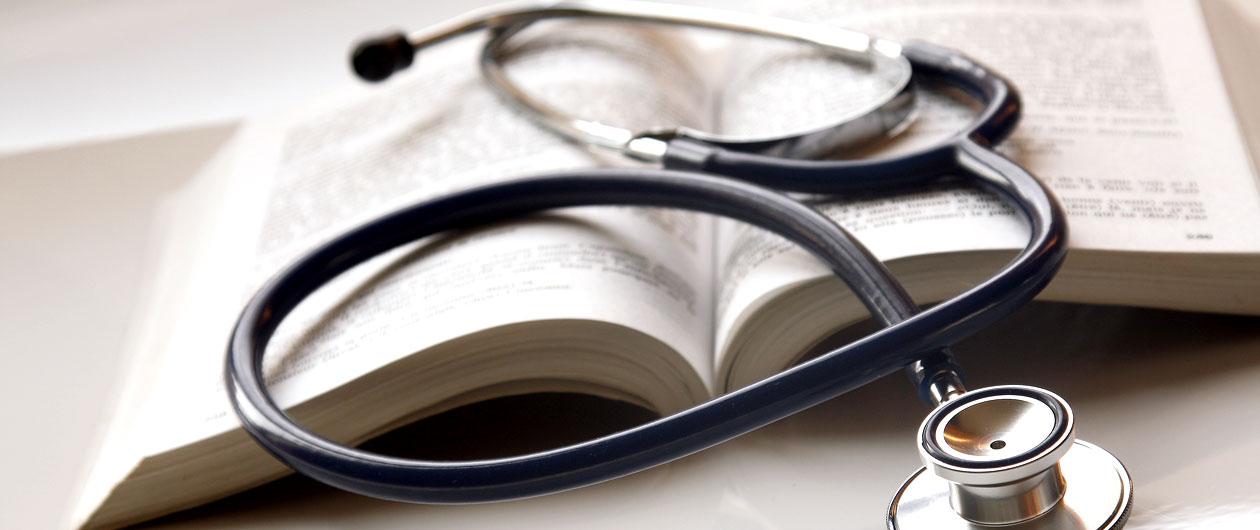A new study suggests a link between breastfeeding difficulties and postpartum depression. The risk of depression was higher for women who had breast pain or “disliked” breastfeeding right after giving birth.
However, this is not to say that breastfeeding difficulties are the cause of postpartum depression, Stephanie Watkins, lead researcher from the University of North Carolina, Chapel Hill, clarified. It could be that women are already depressed by the time they had breastfeeding difficulties, she said.
Ms. Watkins and her team found out that only 8 percent of 2,600 breastfeeding mothers suffered major depression within two months after giving birth.
Dr. Alison Stuebe of UNC also offered her opinion on the matter. “Everything is harder when you’re depressed. It may be that some women were depressed during pregnancy and that made breastfeeding harder.”
However, Dr. Stuebe added that both depression and breastfeeding problems could be a result of certain hormonal factors. Accordingly, she and her colleagues are doing further research on the subject.
Ms. Watkins and her team are looking into the hypothesis that breastfeeding problems are a precursor and serve as warning for impending postpartum depression. Both Ms. Watkins and Dr. Stuebe suggest that new moms should consult their doctors regarding any breastfeeding issues.
On the other hand, the American College of Obstetricians and Gynecologists (ACOG) said that there is no substantial evidence to support Ms. Watkins’ and Dr. Stuebe’s suggestion to have new moms routinely screened for postpartum depression. According to the group, true postpartum depression affects only about 10 percent of new moms.
However, ACOG acknowledges that new moms tend to undergo the “baby blues” phase where they become sad, anxious or irritable during the first few days after giving birth.















